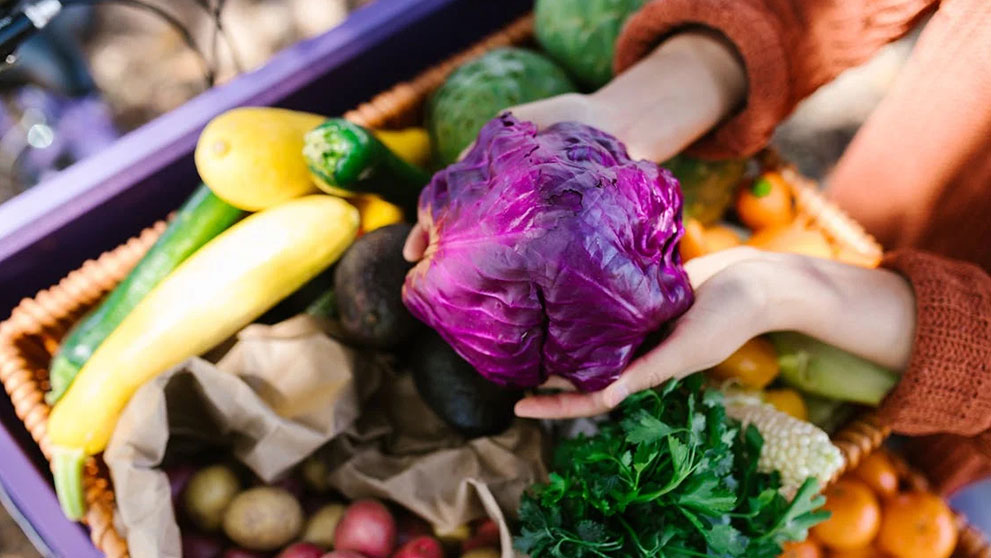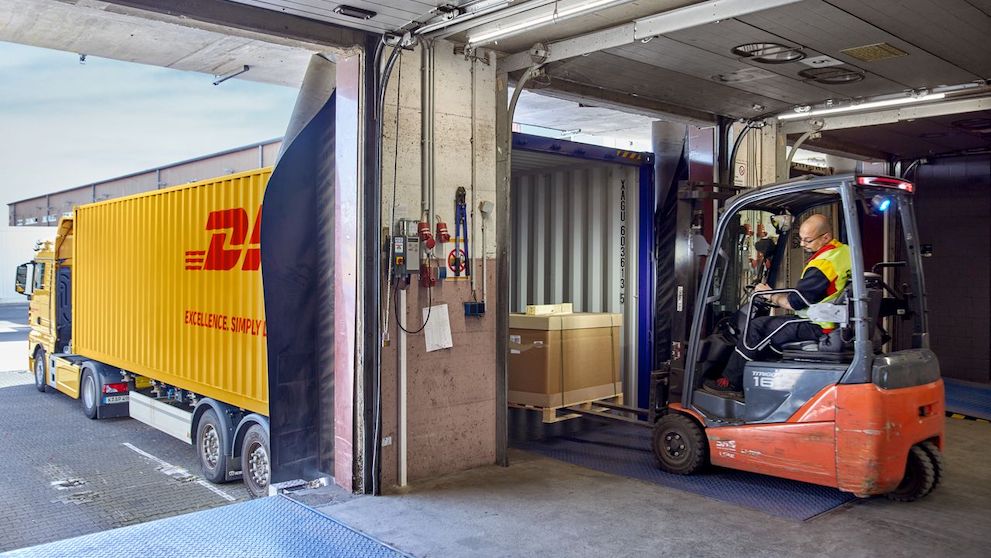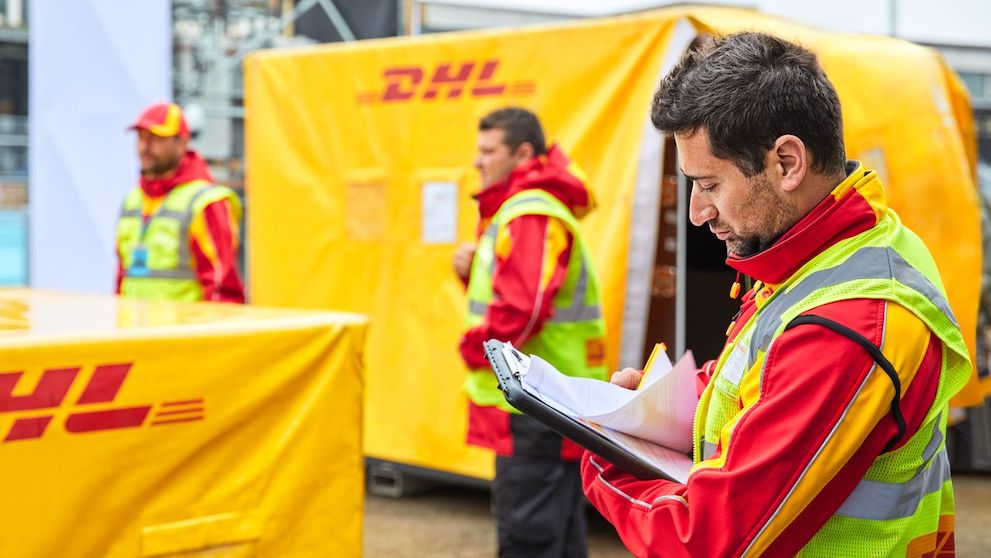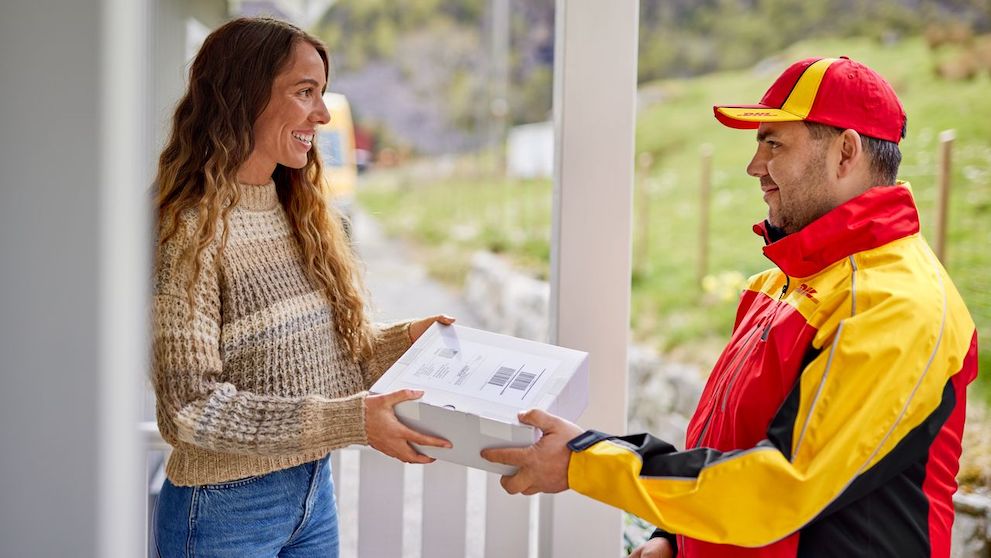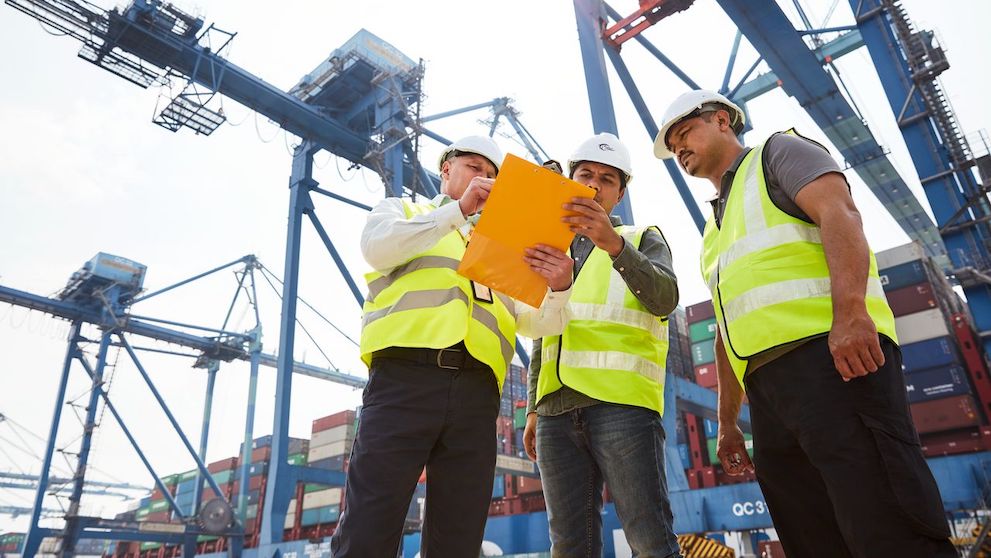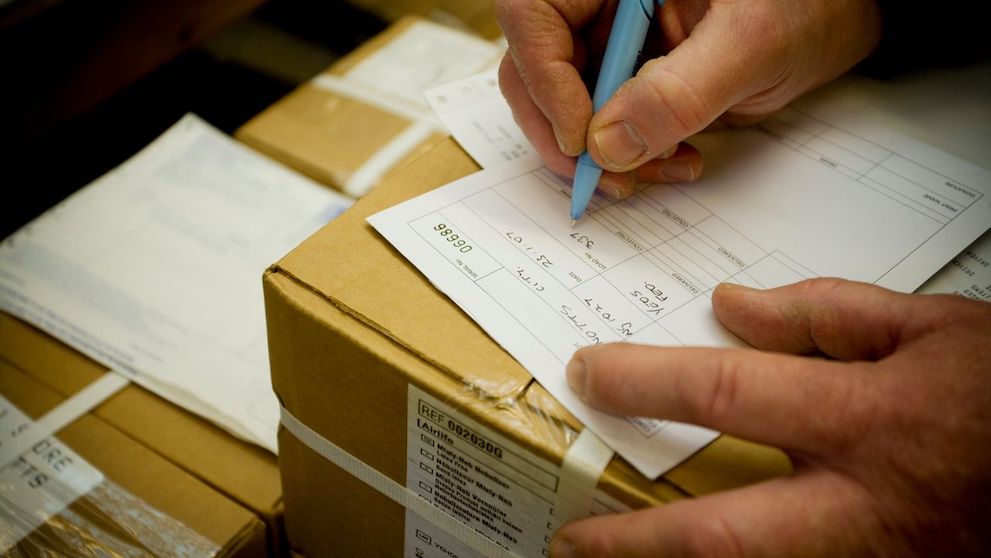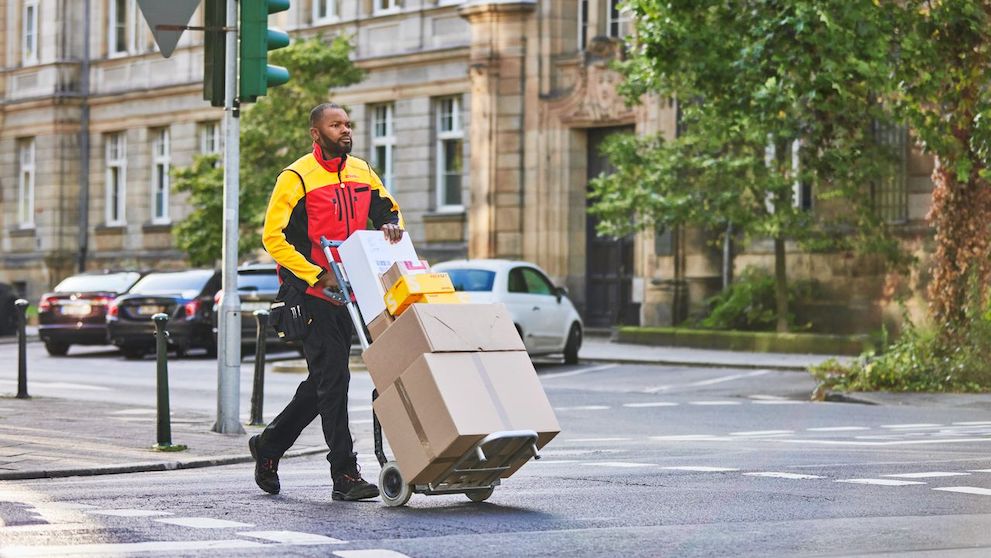New Zealand Prime Minister Chris Luxon has his sights set on a bold goal: doubling exports to the ASEAN and Indo-Pacific region. This ambitious target highlights the incredible opportunities waiting for Kiwi businesses in Vietnam. With a young and increasingly affluent population hungry for high-quality products and services, this market is bursting with potential. At the same time, this presents a fantastic chance for Kiwi exporters to forge new trade partnerships and expand their international reach.
But breaking into the Vietnamese market takes more than just shipping off your goods. After all, successfully exporting to Vietnam requires a good understanding of the country's unique import regulations, careful attention to detail when it comes to documentation, and a reliable logistics partner to ensure your products arrive safely and on time.
So, in this guide, we’ll walk you through everything you need to know to export to Vietnam. We’ll show you the ins and outs of customs regulations, break down the essential shipping documents, and discuss how DHL Express can be your trusted partner in this exciting new venture.
Understanding Vietnam's import regulations: A crucial first step
To avoid issues when you’re exporting goods to Vietnam, you need to understand the country’s regulations. Here's a breakdown of key areas to focus on:
Customs duties and taxes
Commercial goods entering the country are subject to customs tariffs, and these duties are levied based on the specific Harmonized System (HS) code assigned to them.
So, when you’re shipping to Vietnam, you need to use the correct HS code classification. Otherwise, you might experience delays in customs clearance, unexpected charges, and even potential penalties. As such, we recommend using a reliable HS code finder via the General Department of Vietnam Customs website or the Vietnam National Trade Repository.
In addition to customs tariffs, most imported goods are subject to a Value Added Tax (VAT). Here's how VAT is calculated in Vietnam:
- Determine the Customs Value: This is typically the CIF (Cost, Insurance, and Freight) value of the imported goods, which includes the original cost of the goods, the cost of insurance, and the freight charges incurred to get the goods to Vietnam.
- Calculate the Import Duty: The import duty is calculated by multiplying the customs value by the applicable tariff rate based on the HS code.
- Calculate the VAT Base: Add the customs value and the import duty together to get the VAT base.
- Apply the VAT Rate: Multiply the VAT base by the applicable VAT rate. Note that the standard VAT rate in Vietnam is 10%. However, certain goods and services may be subject to a lower rate of 5% or even be exempt from VAT (0%).
Example:
Let's say you import a shipment of electronics with a CIF value of $10,000, and the applicable import duty rate is 5%:
Import duty: $10,000 (customs value) x 5% (duty rate) = $500
VAT base: $10,000 (customs value) + $500 (import duty) = $10,500
VAT payable: $10,500 (VAT base) x 10% (VAT rate) = $1,050
Therefore, the total amount of tax payable for this shipment would be $1,550 (import duty + VAT).
Restricted and prohibited items
Vietnam maintains a list of restricted and prohibited items to regulate imports and protect its citizens, environment, and economy. Here's a breakdown of prohibited and restricted items:
Prohibited Items
These items are strictly forbidden from entering Vietnam:
- Weapons and explosives, including firearms, ammunition, and military equipment.
- Publications that are banned from circulation and dissemination in Vietnam, as well as postage stamps that are prohibited from trading in the country.
- Specific used consumer goods listed under the General Department of Vietnam Customs Decree No. 187/2013/ND-CP.
- Radio equipment and appliances that don't meet Vietnamese standards.
- Fireworks (with some exceptions), sky lanterns, and devices that interfere with vehicle speedometers.
Restricted Items
There are also items that can be imported under particular conditions, with licenses, permits, or certifications. While we list down a general list, you must still perform your due diligence to understand the specific requirements for your goods. Otherwise, your goods may be delayed, confiscated, or even fined. Here’s a list of items you can import into Vietnam as long as you meet the regulations:
- Activated credit/debit/ATM cards and bank tokens
- Alcoholic beverages
- Lithium batteries
- New computer components
- Media storage devices
- Electronic equipment
- Toys
- Brand labels
- Cosmetics
- Medicines (prescription and non-prescription)
- Food products, including grain
- Plant products
- Animal products
- Animal skins
- Coffee
- Chemicals
Essential shipping documents for New Zealand exporters
You also need to prepare the following shipping documents to facilitate smooth customs clearance, ensure compliance with the regulations in Vietnam, and help avoid costly delays or penalties:
Commercial invoice
Before you send a package to Vietnam, make sure that the commercial invoice includes this information:
- The complete names, addresses, and contact info of the buyer and seller
- Accurate and detailed description of the exported products
- The quantity of each item and its unit price
- The agreed upon Incoterms (International Commercial Terms) that list the responsibilities of the seller and buyer
- Any applicable insurance costs associated with the shipment.
- Country of origin
Bill of lading and air waybill
These documents serve as contracts of carriage between the exporter and the carrier (shipping company). Remember the following when preparing these documents:
- Bill of Lading: This document is used for sea freight, and it acts as the contract of carriage proof, a receipt for the cargo, and a document of title.
- Air Waybill: Used for air freight, this serves a similar purpose but is non-negotiable.
Certificate of origin
This certificate verifies the origin of the goods. Additionally, it's particularly essential for claiming preferential tariff treatment for import and export goods under free trade agreements like the ASEAN-Australia-New Zealand Free Trade Area (AANZFTA), Comprehensive and Progressive Agreement for Trans-Pacific Partnership (CPTPP), and the Regional Comprehensive Economic Partnership (RCEP).
Other important documents
Depending on the nature of your goods, you may need additional shipping documents, such as:
- Import Licenses: These are required for restricted items like alcohol, animal products, and certain chemicals.
- Phytosanitary Certificates: These are necessary for plant products to ensure they are free from pests and diseases.
DHL Express: Your trusted partner for exports to Vietnam

The processes and requirements involved in exporting goods to Vietnam can be complicated. But when you choose a reliable international logistics service provider like DHL Express, you gain a trusted partner with extensive experience in Vietnamese customs regulations and procedures. With our expert assistance in document preparation and compliance checks, you can ensure that your shipments meet all requirements.
And with our extensive global network, we offer reliable and efficient shipping solutions, ensuring fast and secure delivery of your goods from New Zealand to Vietnam. Our comprehensive services cover everything from door-to-door delivery and customs clearance to real-time shipment tracking, providing you with complete peace of mind throughout the export journey.
So, if you’re engaging in international trade and you want to ship your goods to Vietnam with confidence, open a DHL Express business account today.




